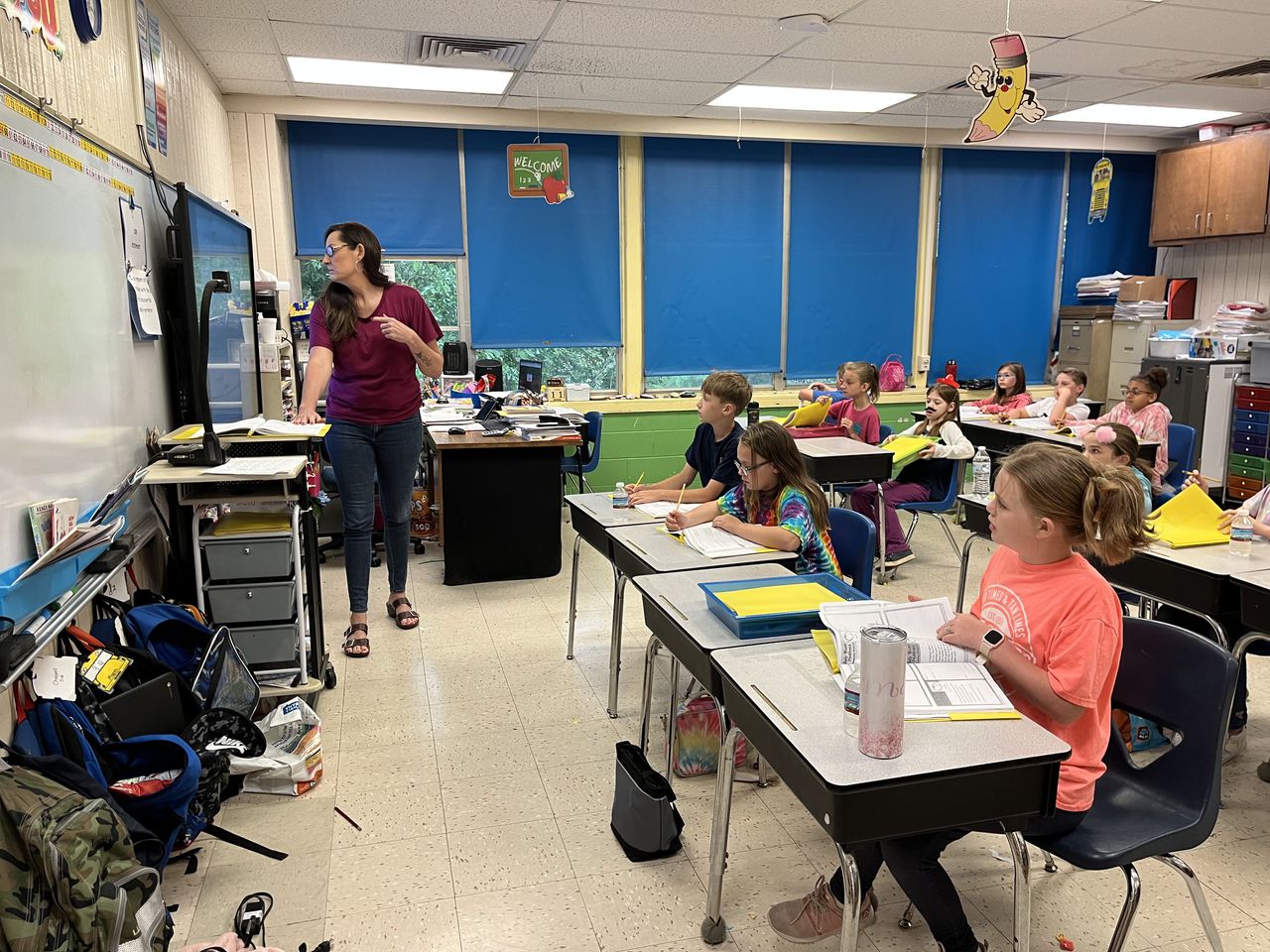Alabama debates ESA packages that could send school funding to parents
The path for a pair of bills – one in the Senate and one in the House – creating Education Savings Accounts for K-12 students diverged Wednesday, with one perched to move forward and one appearing to be sidetracked after being shifted to a different committee for consideration.
ESAs are akin to vouchers, allowing state education funds to be accessed directly by families but differ from vouchers in that ESAs can be used to pay for more than tuition. ESAs have gained traction in recent years, pushed by conservatives unhappy with COVID-era policies and wanting more say in their child’s education. Critics fear ESAs drain needed funding from under-resourced public schools. Eleven states have some form of ESAs.
Alabama lawmakers are considering two different types of ESAs — and the hundreds of millions of dollars difference in how much they’ll take from the state’s education budget.
The PRICE Act
The Senate Education Policy committee sent a bill creating universal ESAs to the Senate Education Budget committee at the end of a lengthy public hearing where 10 people – five opponents and five supporters – spoke about the bill.
The bill, named the Parental Rights In Children’s Education, or PRICE Act, would give parents $6,900 in an ESA to spend on eligible expenses for their child’s K-12 education. ESA eligibility would be phased in over three years, and all students would be eligible for ESAs at the start of the 2025-26 school year.
Read more: Alabama parents could get $6,900 for private school, home school in broad school choice bill
Read more: What is an education savings account? How do I get an ESA in Alabama?
The cost, according to estimates prepared by the Heritage Foundation, a conservative think tank that supports school choice, and shared during the meeting, would be $130 million during year one, $280 million in year two and $408 million in year three.
Supporters included former Alabama Republican Party Chairman Terry Lathan and representatives from the Eagle Forum of Alabama and the Alabama Christian Education Association.
Opponents included representatives of organizations that support public schools, public school officials and the AEA.
Committee Chair Donnie Chesteen, R-Geneva, said the budget committee should consider the bill first because the cost of ESAs is high.
“We’re talking about hundreds of millions of dollars coming out of the education budget,” Chesteen said.
The bill’s sponsor, Sen. Larry Stutts, R-Tuscumbia, called the move a stalling tactic. “I understand the stalling tactics of running out the legislative session,” he said. “I understand where this is headed.”
“I’m sure you do,” Chesteen responded. “We’re not the appropriating committee. We’re the policy side.”
A similar bill last year stalled after the bill’s sponsor, former Sen. Del Marsh, R-Anniston, agreed to convene a bipartisan commission to try to reach a compromise. The commission met a few times but the bill did not resurface during last year’s session.
The SUN Act
The House Education Budget Committee discussed a more limited bill that would give $5,600 through an ESA to students in certain eligibility categories.
The bill, called the Students with Unique Needs, or SUN Act, would be capped at 500 students yearly. The cost, according to the bill’s sponsor, Rep. Danny Garrett, R-Trussville, would be $3 million the first year.
Students eligible for ESAs include those who:
- Have a parent on active duty in the Armed Forces,
- Had a parent killed in the line of duty in the Armed Forces,
- Have an Individualized Education Program or Section 504 Plan,
- Are in the foster care system, or
- Are homeless
“It’s not a huge population,” Garrett said, “but it’s definitely a group that is in need of some alternative education.”
Two proponents – the director of a private school that focuses on students with learning differences and a parent whose child has dyslexia and has benefitted from attending a private school – spoke during the public hearing.
Those speaking against the bill included a public school board member and a representative of the state’s school board association.
The SUN Act is expected to be voted on by the committee next week.
